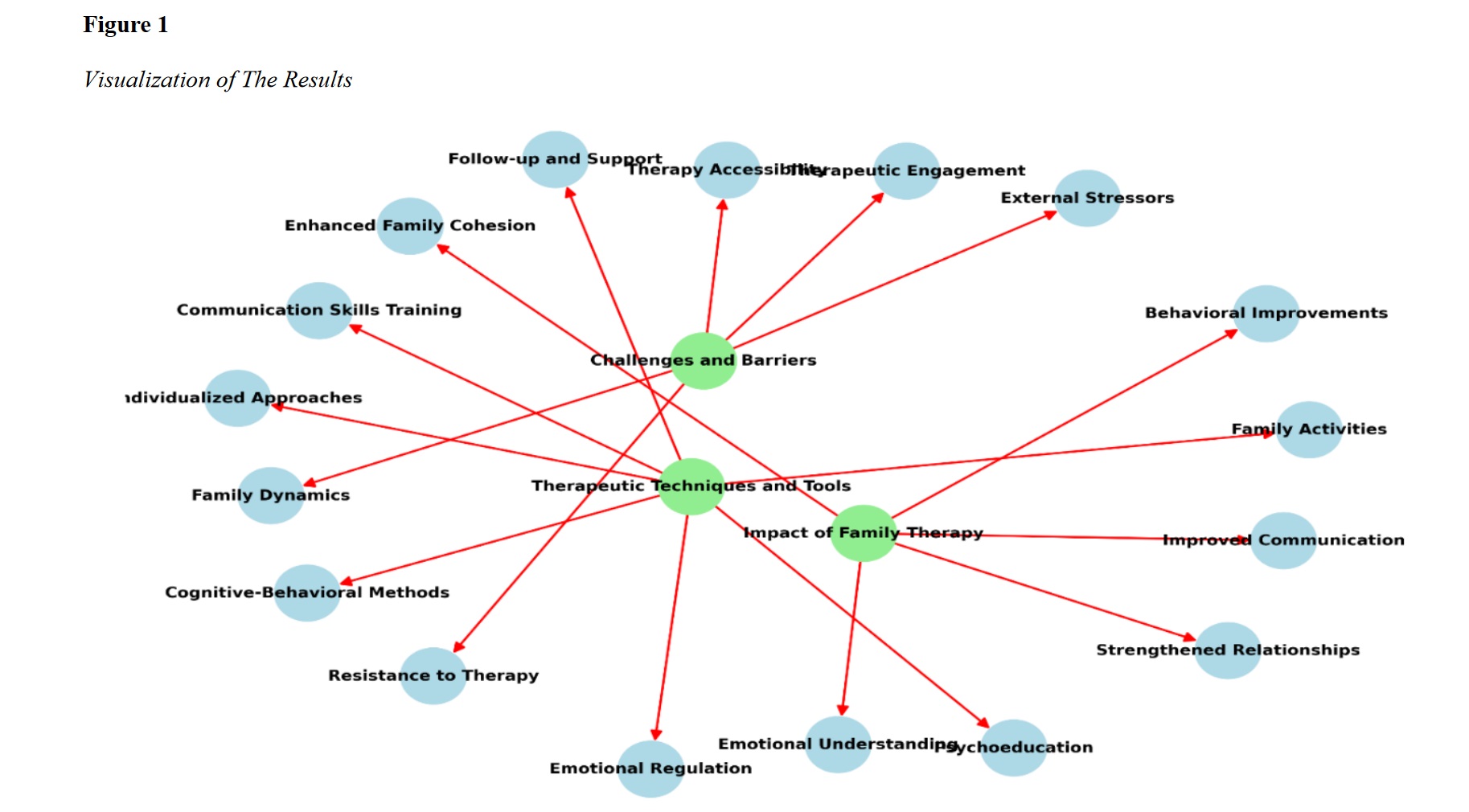The Role of Family Therapy in Managing Adolescent Conduct Disorder
Keywords:
Adolescent conduct disorder, family therapy, communication, family cohesion, behavioral improvements, therapeutic techniquesAbstract
This study aimed to explore the role of family therapy in managing adolescent conduct disorder. A qualitative research design was employed, utilizing semi-structured interviews to gather data from 12 adolescents diagnosed with conduct disorder and 11 family members. Participants were recruited through mental health clinics and family therapy centers. The interviews, which lasted 60 to 90 minutes, were transcribed verbatim and analyzed using NVivo software. Thematic analysis was conducted to identify key themes and subthemes, and data collection continued until theoretical saturation was achieved. The study identified several key themes: improved communication, enhanced family cohesion, emotional understanding, behavioral improvements, and strengthened relationships. Improved communication was linked to active listening and open dialogue, reducing conflicts within families. Enhanced family cohesion was fostered through mutual support and shared activities. Emotional understanding increased empathy and emotional expression among family members. Behavioral improvements included reduced aggression and better compliance with rules. Strengthened relationships featured improved parent-child bonding and sibling relationships. Challenges included resistance to therapy, complex family dynamics, inconsistent therapeutic engagement, external stressors, and accessibility issues. Effective therapeutic techniques included cognitive-behavioral methods, psychoeducation, communication skills training, emotional regulation, family activities, individualized approaches, and regular follow-up support. Family therapy plays a crucial role in managing adolescent conduct disorder by improving communication, fostering family cohesion, enhancing emotional understanding, and promoting behavioral improvements. Despite challenges such as resistance to therapy and accessibility issues, the benefits of family therapy are significant. Addressing these challenges and incorporating individualized, accessible therapeutic approaches can further enhance the effectiveness of family therapy for adolescents with conduct disorder.
Downloads

Downloads
Additional Files
Published
Issue
Section
Categories
License
Copyright (c) 2024 Veronica Longo (Corresponding Author); Nadereh Saadati , Necati Çobanoglu (Author)

This work is licensed under a Creative Commons Attribution-NonCommercial 4.0 International License.







